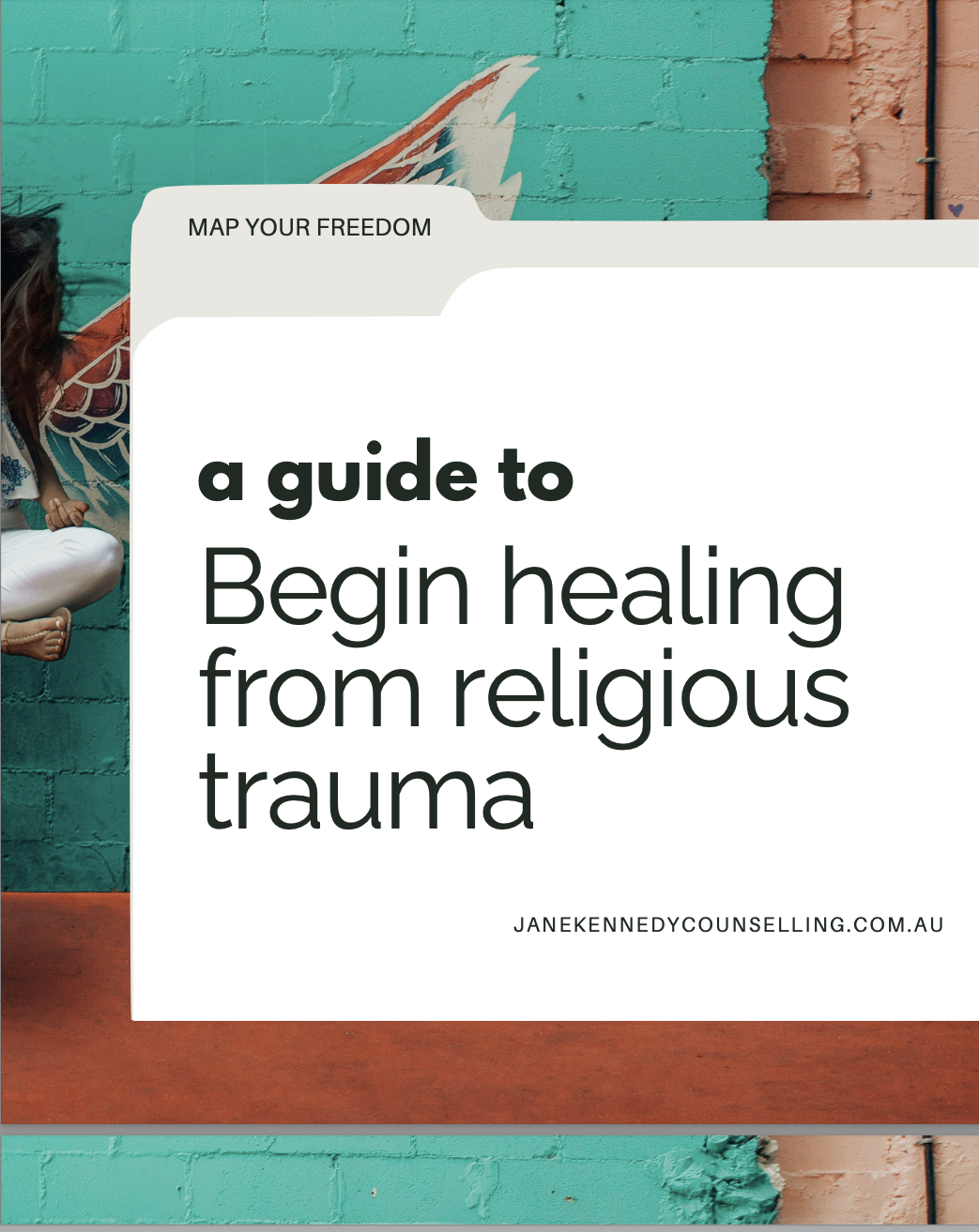Qualifications
- Masters in Counselling
- Masters in International Health
- Certificate in Somatic Embodiment & Regulation
- Certified Havening Techniques Practitioner

Before I became a therapist, I spent many years working in the international humanitarian sector. And before that I spent many years in church ministry.
While the former was a privilege and personally transformative, I wasn’t equipped to cope with vicarious trauma which took its toll. I also took my saviourism from church ministry seriously. I’d spent my time saving souls and when I found my way into humanitarian work, I was idealistic and ready to save the world.
It was a steep learning curve to acknowledge this and realise my limitations. I couldn’t fix it all and grew to understand that was never my role. But what humanitarian work and church ministry set me up for was being unable to have needs of my own.
The urgent nature of both spaces meant that anything I felt or experienced paled in comparison to what was at stake. I felt shame for needing to rest and tried to shut down my body’s cries for a different pace as they got louder and louder. I was cycling through burnout and just trying to get through the day.
And then the unravelling of my faith also unravelled me. My resources for coping became ineffective and slowly over years, but then all at once, I found myself without a framework for belief. My identity was now without shape, I lost community and I had lost God, my anchor and source of who I was and how I carried myself in the world.
If you’ve experienced this, I’m so sorry. You’ll know how disorienting and devastating it can be.
Sometimes we leave faith spaces but keep our faith, sometimes we stay for the connection but no longer believe. It’s a dance but one that so often means we experience internal distress, confusion, shame, fear and loneliness.
Often those closest to us may not know how to relate to us when the ground is shifting and we are losing our sense of who we are. This can result in others trying to coerce or control, judge and feel uncomfortable with us. Often we are harmed in these faith spaces and experience trauma.
Rebuilding identity is a long, slow process but it’s possible. Healing can be a loaded word and is the work of our lives, like a slow return to ourselves, but our bodies know how to heal from trauma in the same way as healing from a bruise. It takes time and happens in relationship.
That can be a therapeutic relationship, a space to feel without judgement, to fail, to feel shame without being rejected, to make a mistake and experience repair. To safely connect without having to be perfect. It’s not family or community but it can be a transition space where you can exhale.
I’m so interested in people’s stories, what forms and shapes us. I’d love to hear your story and reflect back to you your resilience, courage and calm. There is a part of us that is un-disturb-able.
Counselling sessions are on Zoom (Telehealth) and in-person in Marrickville in Sydney’s Inner West. You can book in here.


Map Your Freedom is a series of narrative exercises and thought prompts that support the beginnings of being free of the impact of harm experienced in faith spaces.
Enter your details below to download the guide.